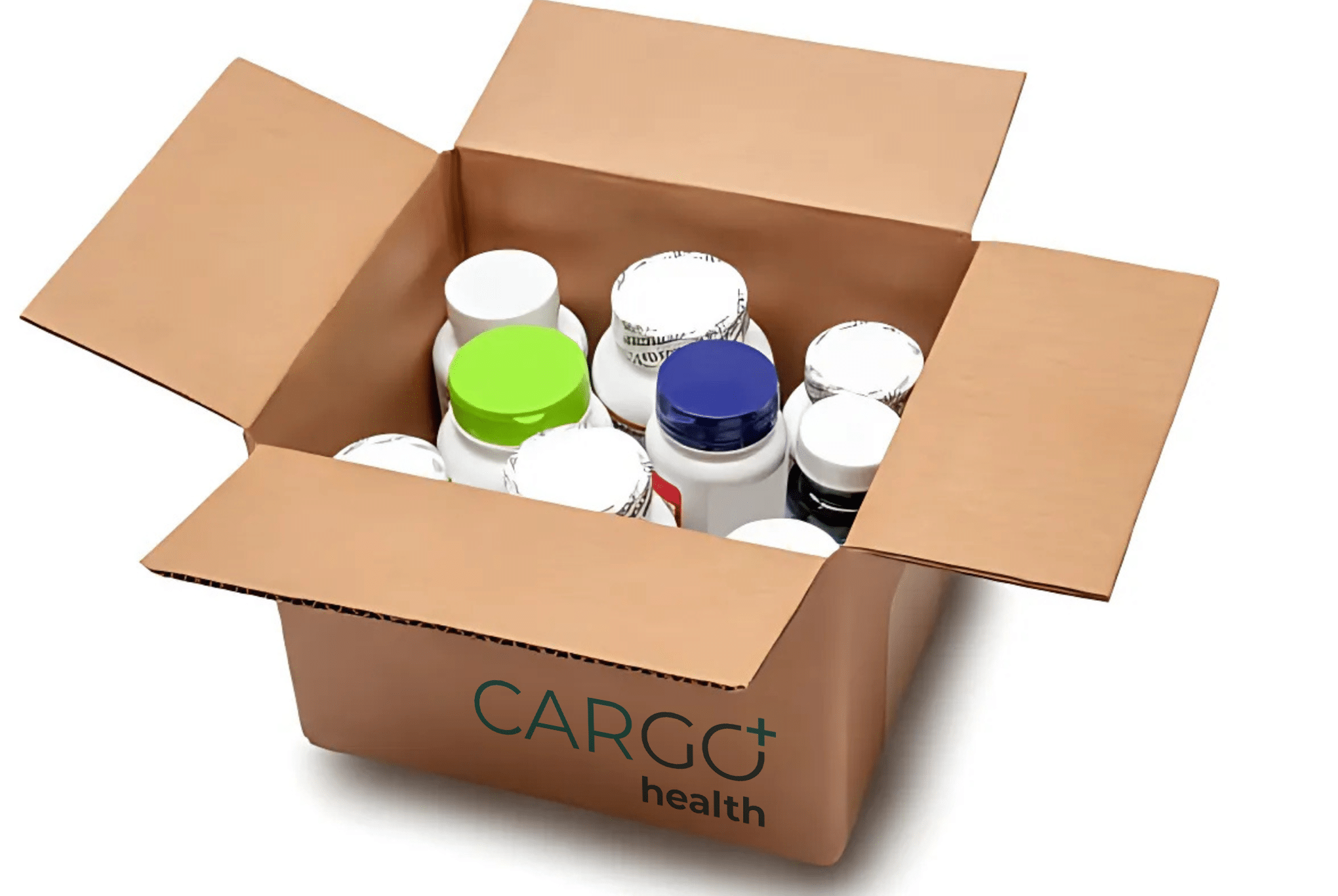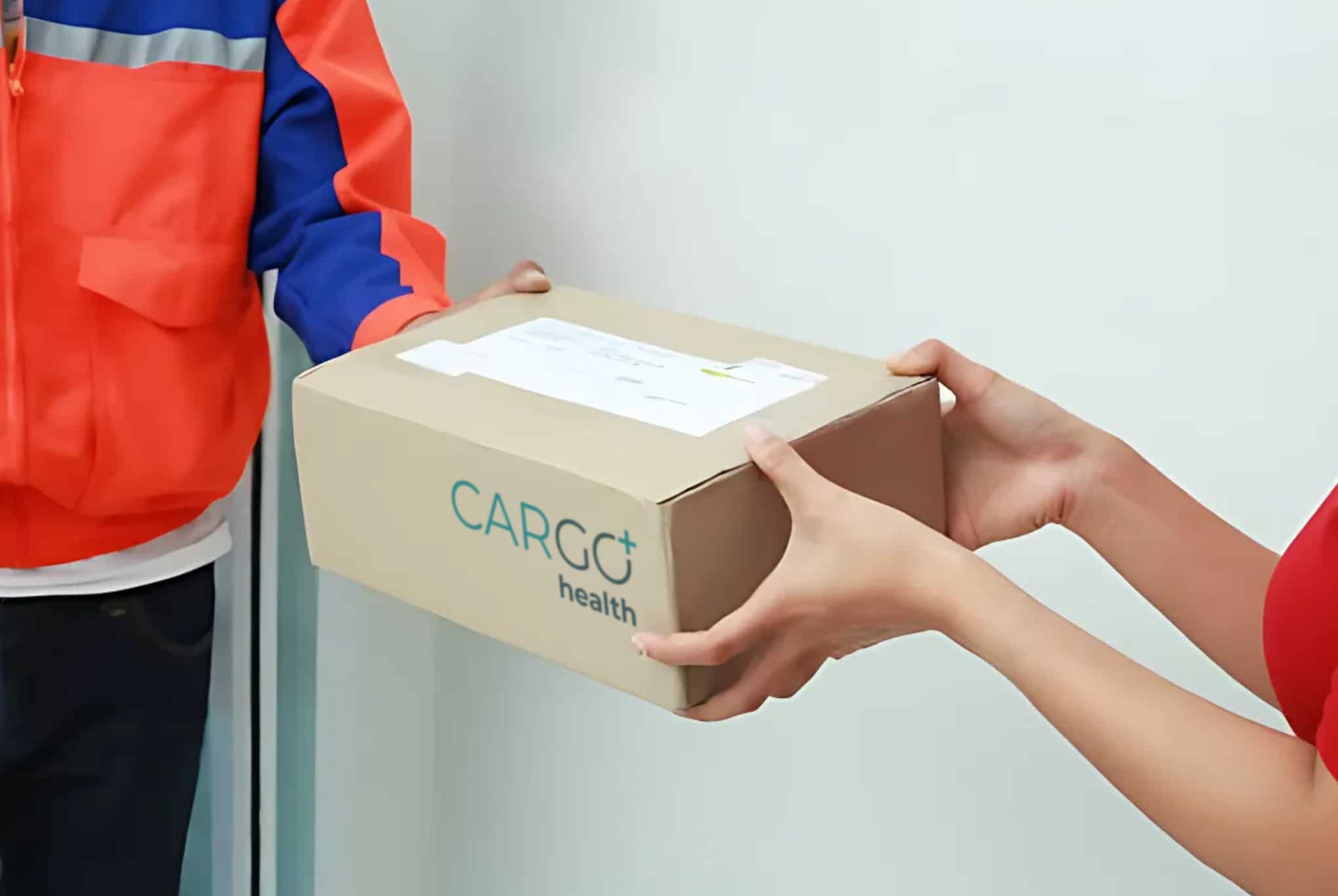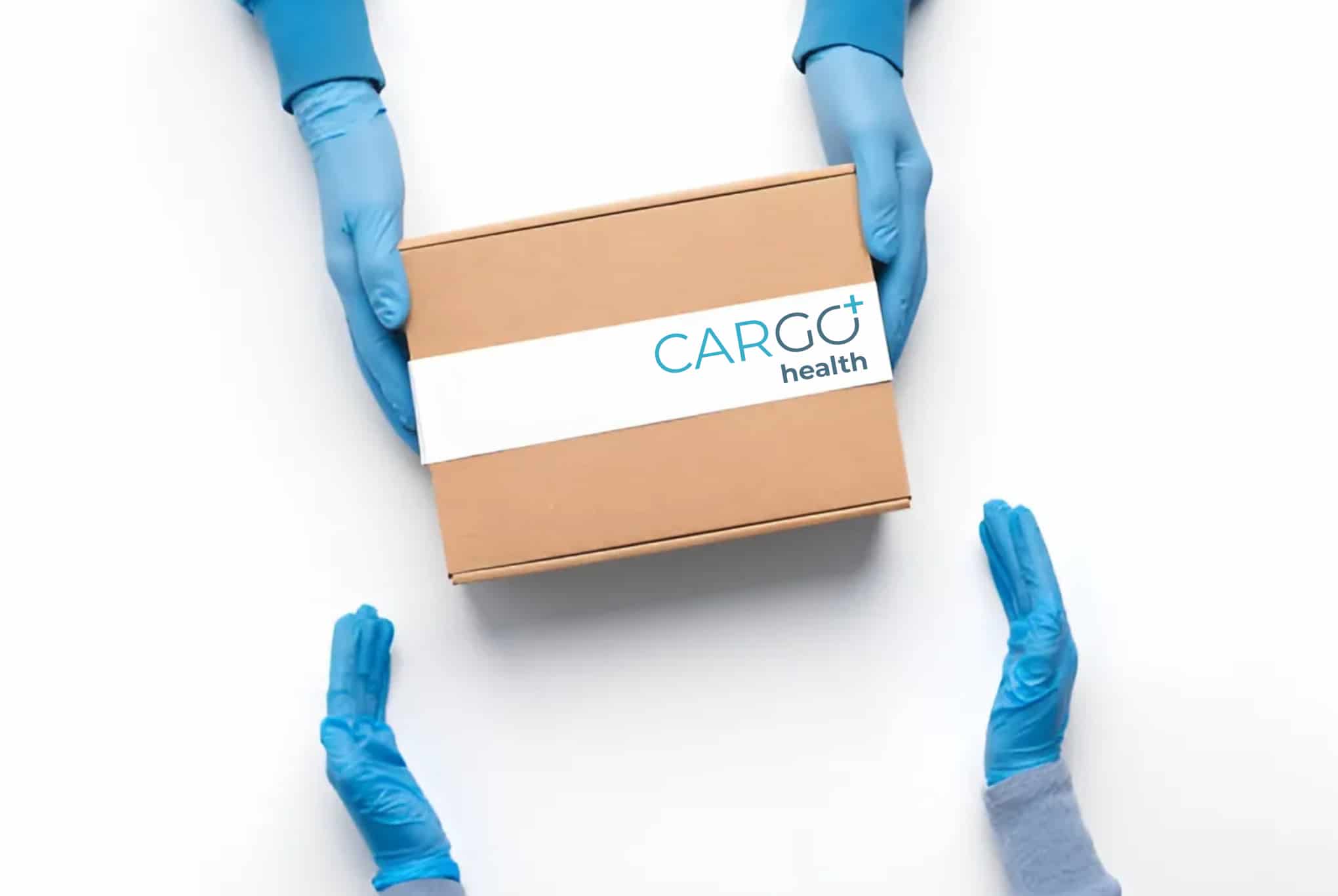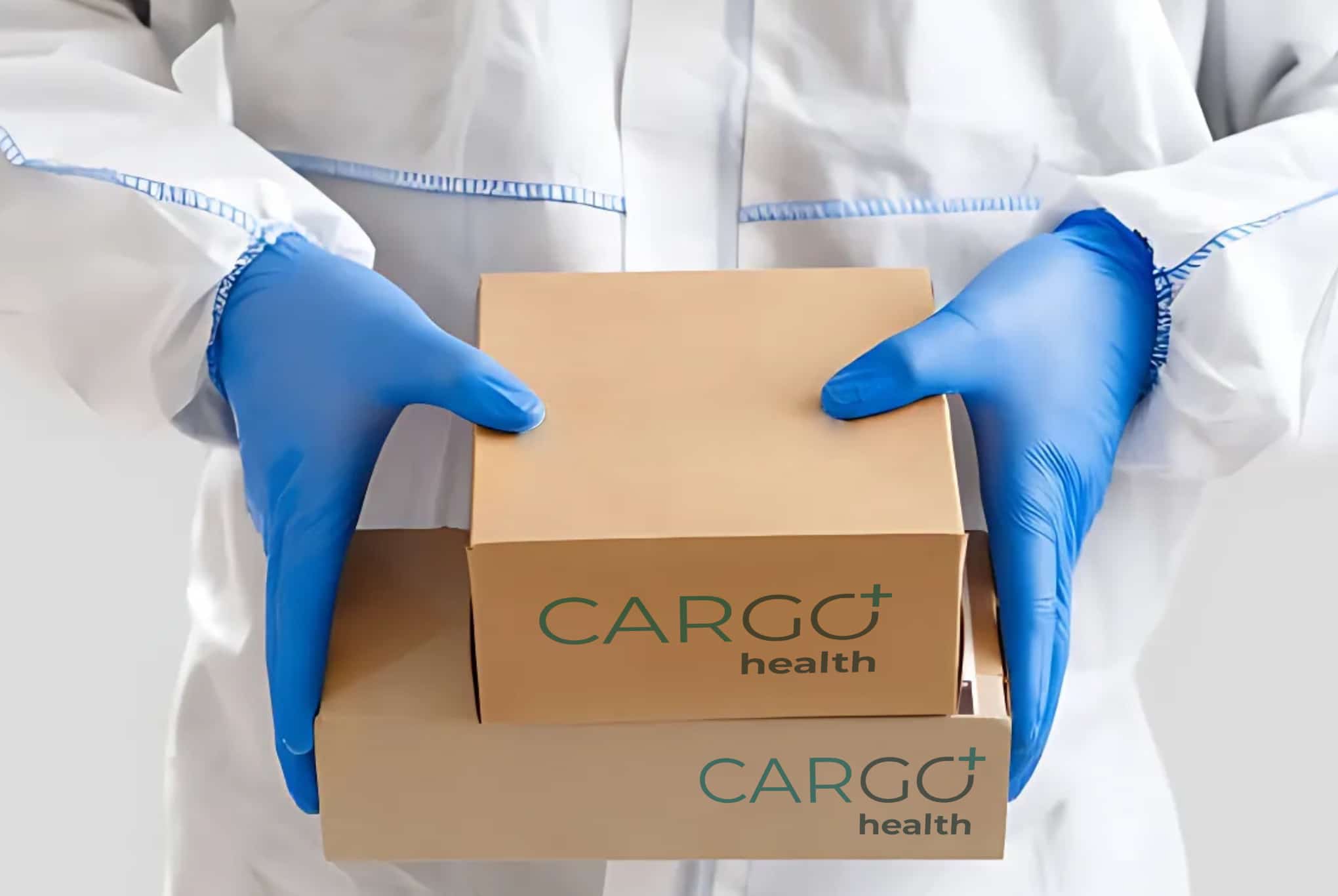The Crucial Role of Medical Courier Services in Modern Healthcare

In the fast-paced world of healthcare, the timely delivery of medical supplies, specimens, and equipment is paramount. Medical courier services are an essential component of the healthcare ecosystem, ensuring that critical items reach their destinations securely and promptly while adhering to stringent compliance standards.

Precision Logistics for Sensitive Materials
Transporting medical specimens and pharmaceuticals requires more than just speed; it demands precision. Couriers in this field operate under strict regulations, including the Health Insurance Portability and Accountability Act (HIPAA) and Good Distribution Practices (GDP). This ensures that the integrity of sensitive materials, such as blood samples or vaccines, is maintained throughout the delivery process.
Temperature-controlled logistics play a pivotal role, with couriers utilizing cutting-edge technologies such as real-time GPS tracking, temperature sensors, and specialized packaging solutions. These innovations help maintain the quality of perishable medical goods and reduce the risk of spoilage or contamination.
Enhancing Patient Outcomes
Medical courier services directly impact patient outcomes by minimizing delays in diagnostic testing and treatment. For example, the quick transport of laboratory specimens can expedite diagnostic results, allowing healthcare providers to make timely decisions. Similarly, the delivery of life-saving medications or transplant organs can be a matter of life and death, emphasizing the importance of a reliable courier network.
Challenges in the Industry
Operating within the medical courier domain comes with unique challenges. These include:
- Regulatory Compliance: Adhering to federal, state, and local laws governing the transport of medical materials.
- Risk Mitigation: Handling hazardous or infectious materials safely to prevent accidents.
- Supply Chain Disruptions: Navigating unexpected issues like extreme weather or transportation delays without compromising the delivery timeline.
Addressing these challenges requires robust infrastructure, skilled personnel, and the integration of advanced logistics systems.
The Future of Medical Courier Services
As healthcare continues to evolve, so too does the role of medical courier services. Automation, robotics, and artificial intelligence are beginning to reshape the industry, enabling faster and more accurate deliveries. Innovations such as drone delivery systems and autonomous vehicles are no longer a distant vision but a tangible reality, offering solutions to some of the industry’s most pressing logistical concerns.
Additionally, as telemedicine grows, the demand for seamless delivery of medical supplies to patients’ homes is expected to rise, highlighting the need for further advancements in the sector.
Key Insights
Medical courier services are a vital part of the healthcare system, providing the backbone for efficient, compliant, and reliable transportation of critical materials. By adopting advanced technologies and addressing logistical challenges, these services continue to ensure the smooth functioning of healthcare operations and improved patient care.








